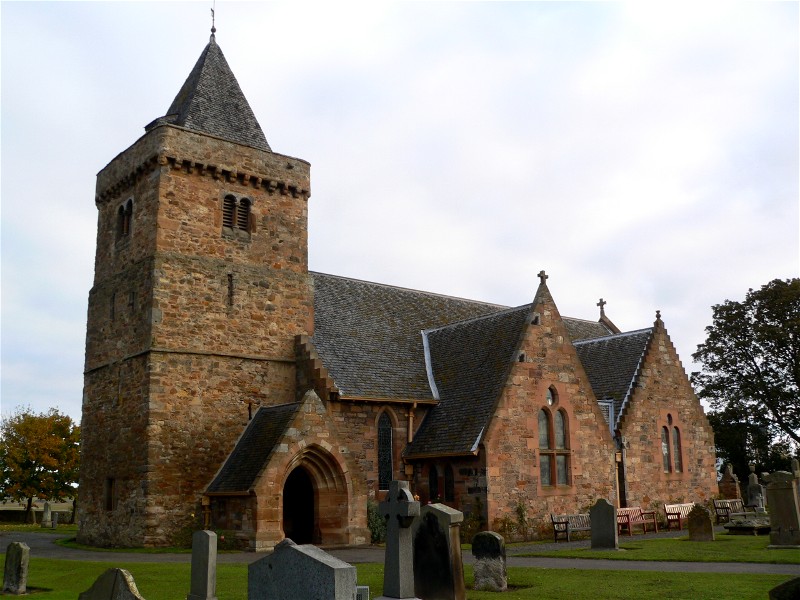Search for topics or resources
Enter your search below and hit enter or click the search icon.

Brief notes on this question:
First, Rod is correct in his response to Walther in which he notes the extremely American characteristics of American Catholicism. Moreover, this is a trend that goes back some time—at least to JFK’s awful speech in which he renounced his Catholicism to make himself palatable to the American electorate, something which many Catholics were only too happy to support.
Second, Walther is wrong when he says that Protestantism offers no theological basis for the common good. I hope to expand on that more in another post.
Third, the thread that I would have liked to see Rod pull a bit more, though I suppose that may not be reasonable given his lack of personal history with evangelicalism, is to run the same critique he does of Catholicism on Evangelicalism. Because I think there’s an implicit idea here that American Catholicism has been compromised and is somehow not the real Catholicism but American Evangelicalism is basically representative of historic Protestantism. And that point is almost entirely false or, at least, far too simplistic to be useful. More on that in a moment.
Fourth, the movement I see in young Christians in the US across the board is a desire to reach back into the past in search of a more vital Christian practice. The movement here amongst the Catholics is not hard to spot. The most interesting developments are the renewed interest in anti-Americanism and a move toward integralism amongst young Catholic intellectuals. That being said, even if you bracket those two moves as being mostly limited to the sort of people who know what WCT stands for1, there is also a broader and more pervasive, so I am told, movement toward liturgical traditionalism. At minimum, this means an embrace of ad orientem in the Mass (meaning the priest faces the altar while saying Mass rather than the congregation) but it also often comes with a resurgent interest in the Latin Mass as well.
That said, it would be a mistake to see this interest in past forms of practice and belief as being limited to Roman Christians. It is present amongst evangelicals as well. This is, after all, what Robert Webber’s entire Ancient-Future project was about—and the first book in that series was published in 1999. To be sure, you could argue that we have not seen nearly so much progress toward Webber’s stated goals as we have toward a more tradish American Catholicism in which a number of conservative bishops largely overlap with trad liturgical concerns and a leading Catholic popularizer appears to have embraced integralism. But, as is often the case with us, I do think we can still find evidence that Webber’s work has succeeded, if only in a more diffused way.
To begin, there has been a strong movement toward Anglicanism amongst smart young evangelicals, many of whom are graduates of Christian colleges. I tease my Anglican friends that the only place you’ll find Anglicans is a big coastal city or a major evangelical hub—so DC, New York, Chicago, Colorado Springs, and the southeast. But even so, this is a significant movement. Many, many prominent evangelical writers worship in Anglican churches, even if Anglicanism is still a fractional part of American evangelicalism more broadly.
But there are other signs as well. One of the signature traits of the old emergent stuff, before it hopelessly went off the rails and drifted into progressivism, was an interest in older forms of liturgy. True, these forms were often adopted in an arbitrary way which had the ironic effect of neutering them of much of their formative force. But the interest is more my point than anything else.
It is also worth noting that in reformed circles it is increasingly common to find churches that practice weekly communion. To my knowledge every PCA church in Lincoln practices weekly communion and even some of the PCA churches in rural Nebraska do, a thing which would have been unheard of 25 years ago.
Finally, I would be remiss not to mention the work of the Davenant Institute here. Our tag line we have adopted is “Remembering. Resourcing. Reforming.” What we mean to do is help introduce western evangelicals to the rich intellectual and spiritual heritage that is theirs by right as Protestants. One of the deeply frustrating things about being a Protestant in this moment is that we constantly hear various slurs against our tradition and quite often they come from people who show no evidence at all of having actually read any of our leading writers. I will say more about this in my post on Protestantism and the Common Good, but Walther’s column is in many ways the perfect example of this problem. If you want to learn what historic Protestantism was and help us work to make it that again, head on over to our book shop and pick up a few titles and orient yourself to the historic tradition. We have a lot to choose from:
Come to a conference. Watch some of our videos. Protestantism is deeper than most people realize.
Jake Meador is the editor-in-chief of Mere Orthodoxy. He is a 2010 graduate of the University of Nebraska-Lincoln where he studied English and History. He lives in Lincoln, NE with his wife Joie, their daughter Davy Joy, and sons Wendell, Austin, and Ambrose. Jake's writing has appeared in The Atlantic, Commonweal, Christianity Today, Fare Forward, the University Bookman, Books & Culture, First Things, National Review, Front Porch Republic, and The Run of Play and he has written or contributed to several books, including "In Search of the Common Good," "What Are Christians For?" (both with InterVarsity Press), "A Protestant Christendom?" (with Davenant Press), and "Telling the Stories Right" (with the Front Porch Republic Press).
Topics: